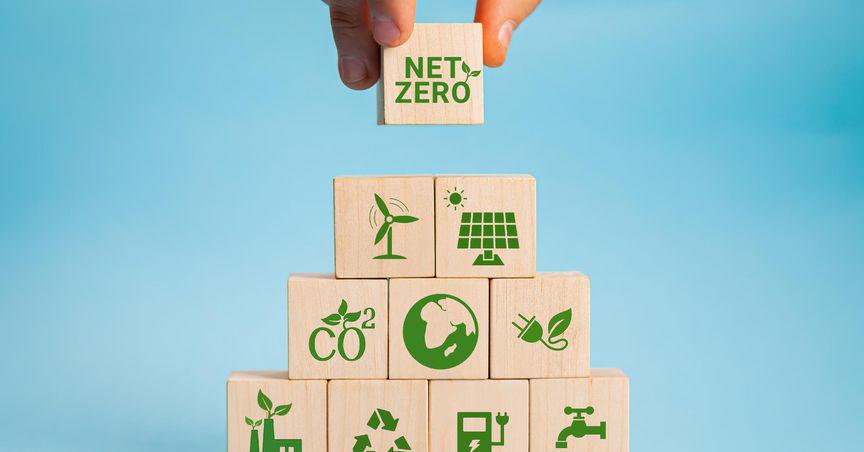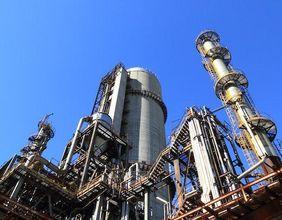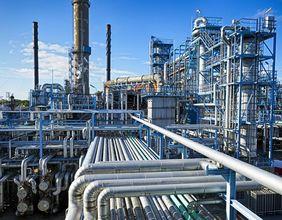Highlights
- Contact Energy is now a part of the Dow Jones Sustainability Index
- The company said its Contact26 strategy is paying off
- As a part of the strategy, the company plans to increase its renewable energy electricity generation and close thermal and gas-fired plants
Contact Energy Limited (NZX: CEN) has been included in the Dow Jones Sustainability Asia Pacific Index (DJSI Asia-Pacific) for the first time, as announced on 13 December 2022.
This reflects the success of Contact Energy’s ESG-led Contact26 strategy. According to a company release, Contact is the only new inclusion from New Zealand this year.
Meanwhile, the DJSI Asia-Pacific is a prestigious global benchmark for corporate governance and sustainability. The Index is based on an analysis of a company’s environmental, social, and governance (ESG) performance. It is known to assess issues such as risk management, branding, corporate governance, climate change, and supply chain standards. It also judges a company’s labour practices.
By entering the DJSI Asia-Pacific, Contact has one of the 600 largest companies in the Asia-Pacific-developed region.
Mike Fuge, CEO of Contact, said that as a leader in sustainability, this is a pleasing result for the company, and reflects the difference our programms are making to the community. He further said that the company would continue to deliver on its Contact26 strategy, which aims to build a better Aotearoa New Zealand by leading the country’s decarbonisation drive.
Fuge said that the company was focused on the growing demand for renewable energy, developing new flexible renewable electricity generation methods, and decarbonising its portfolio.
He further said that Contact Energy was an integral part of NZ’s daily life, and every action impacted the communities.
What is the Contact26 strategy?
The company launched its Contact26 strategy in 2020. The two main planks of the strategy are Decarbonising electricity generation and growing demand for renewable energy. As per the company, in its efforts to decarbonise, it will invest in renewable generation to support demand growth and remove thermal generation plants from its portfolio. It said that it would ensure a smooth transition for the customers.
In 2023, it proposes to close the Te Rapa gas co-generation station and decommission its gas-fired Taranaki combined-cycle power station in 2024. It has plans to operate the Tauhara plant in 2024. With the planned closures of these two plants, Contact would have reduced 70% of its emissions.
As a part of the second plank, Transpower’s Te Mauri Hiko report forecasts the electricity demand to increase by 68% by 2050. As per the company, even though the demand has been slower than anticipated, the pipeline of new projects with the company is strong to meet the increasing demand.





